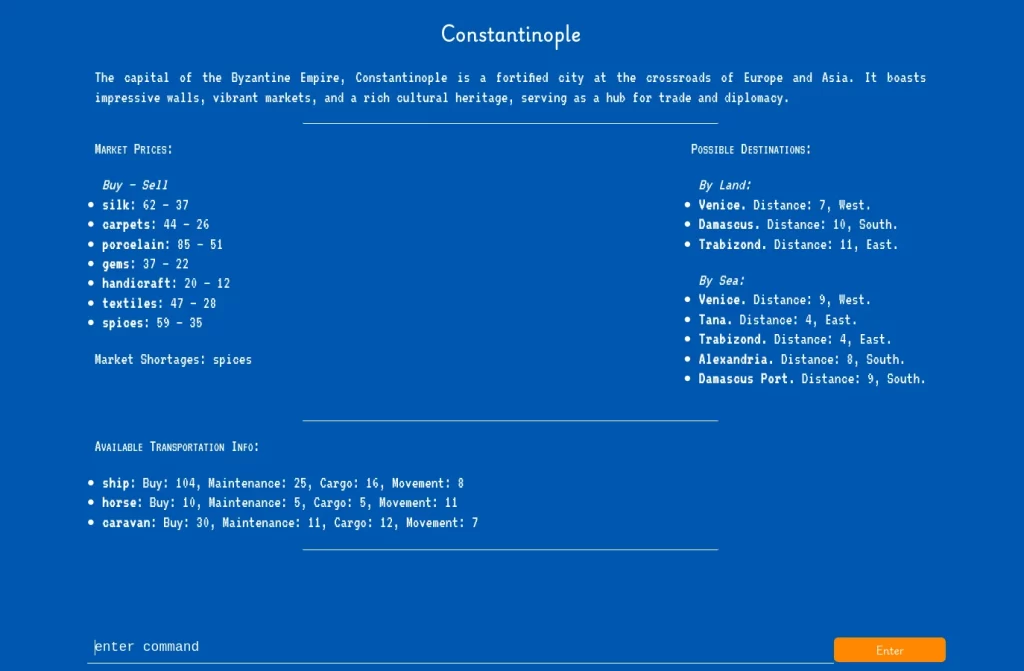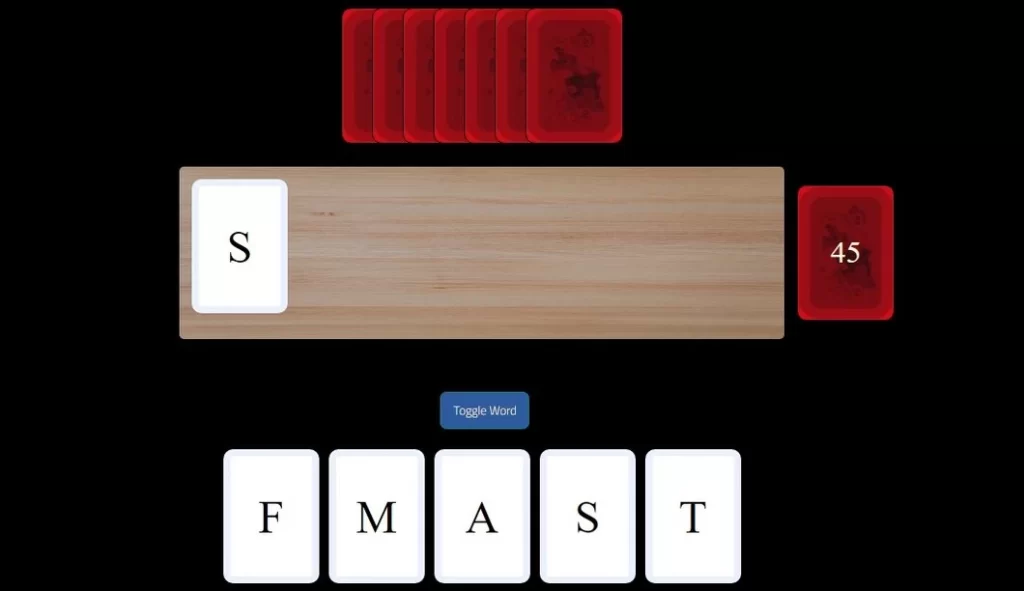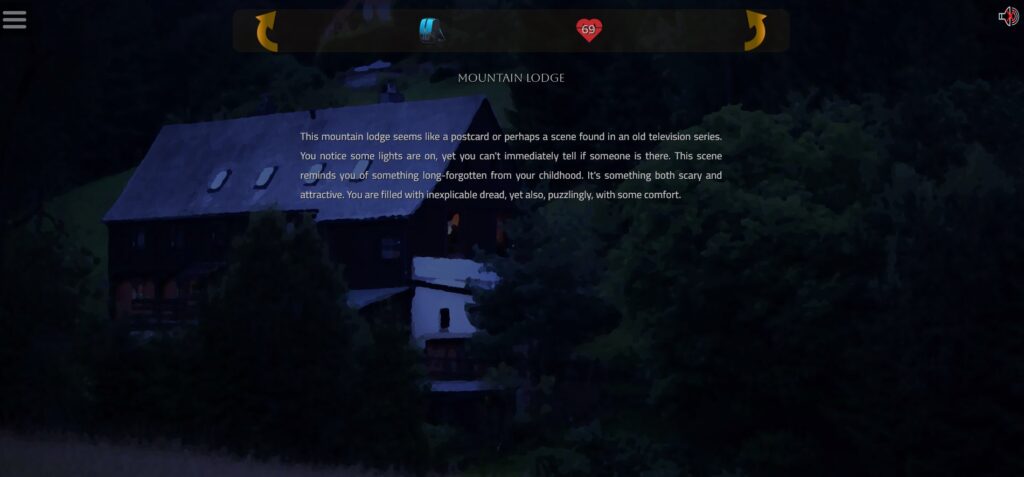Technically speaking, the JavaScript program I’ll be talking about today is a text-adventure game. And yet, it isn’t quite that – not like Mansion Escape, let alone The Clock Village. Yes, Marco Polo is a text adventure game – free, open-source, available to all – but at the same time it’s sort of a hybrid game.
Marco Polo emulates the text-adventure video games of the 80s, yet it’s also inspired from the eponymous board game of the same period. You assume the role of Marco Polo, the famous explorer who traveled from Italy to China and back. You must cross the entire continent of Asia, experiencing adventures and dangers, trading, and successfully negotiating with others.
With the exception of the intro, outro, and basic game functions (showing instructions, starting, saving, or loading a game), Marco Polo is a pure text adventure game interface: There is text, and you enter commands. It’s retro, and it’s supposed to be.


